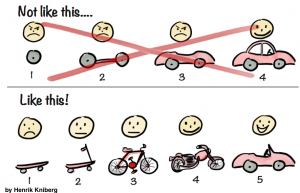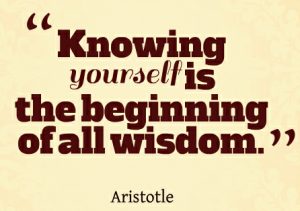How to Get Your Mind to Read
Americans are not good readers. Many blame the ubiquity of digital media. We’re too busy on Snapchat to read, or perhaps internet skimming has made us incapable of reading serious prose. But Americans’ trouble with reading predates digital technologies. The problem is not bad reading habits engendered by smartphones, but bad education habits engendered by a misunderstanding of how the mind reads.
Just how bad is our reading problem? The last National Assessment of Adult Literacy from 2003 is a bit dated, but it offers a picture of Americans’ ability to read in everyday situations: using an almanac to find a particular fact, for example, or explaining the meaning of a metaphor used in a story. Of those who finished high school but did not continue their education, 13 percent could not perform simple tasks like these. When things got more complex — in comparing two newspaper editorials with different interpretations of scientific evidence or examining a table to evaluate credit card offers — 95 percent failed.
There’s no reason to think things have gotten better. Scores for high school seniors on the National Assessment of Education Progress reading test haven’t improved in 30 years.
Many of these poor readers can sound out words from print, so in that sense, they can read. Yet they are functionally illiterate — they comprehend very little of what they can sound out. So what does comprehension require? Broad vocabulary, obviously. Equally important, but more subtle, is the role played by factual knowledge.
All prose has factual gaps that must be filled by the reader. Consider “I promised not to play with it, but Mom still wouldn’t let me bring my Rubik’s Cube to the library.” The author has omitted three facts vital to comprehension: you must be quiet in a library; Rubik’s Cubes make noise; kids don’t resist tempting toys very well. If you don’t know these facts, you might understand the literal meaning of the sentence, but you’ll miss why Mom forbade the toy in the library.
Knowledge also provides context. For example, the literal meaning of last year’s celebrated fake-news headline, “Pope Francis Shocks World, Endorses Donald Trump for President,” is unambiguous — no gap-filling is needed. But the sentence carries a different implication if you know anything about the public (and private) positions of the men involved, or you’re aware that no pope has ever endorsed a presidential candidate.
You might think, then, that authors should include all the information needed to understand what they write. Just tell us that libraries are quiet. But those details would make prose long and tedious for readers who already know the information. “Write for your audience” means, in part, gambling on what they know.
These examples help us understand why readers might decode well but score poorly on a test; they lack the knowledge the writer assumed in the audience. But if a text concerned a familiar topic, hab
Read the rest of the article









